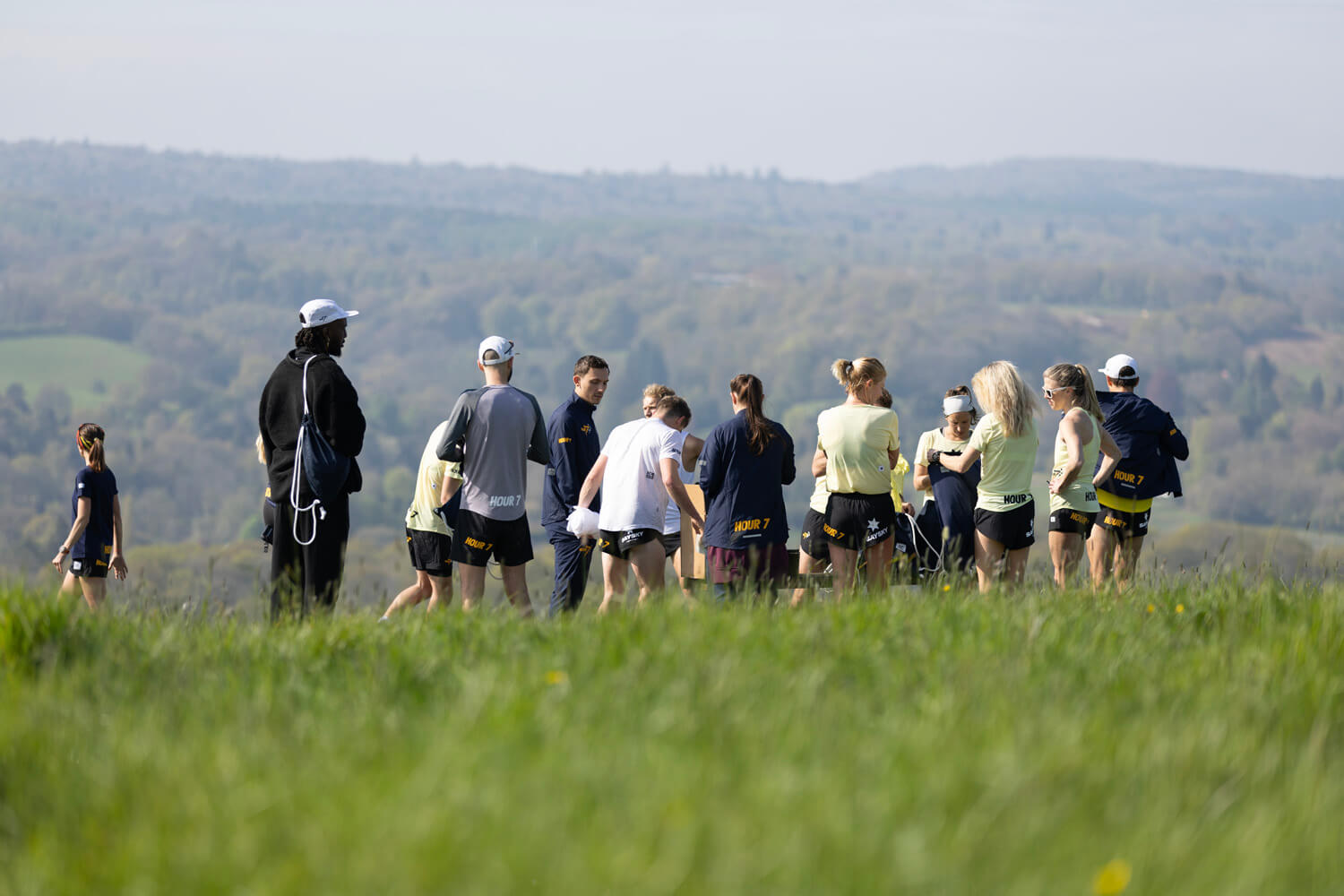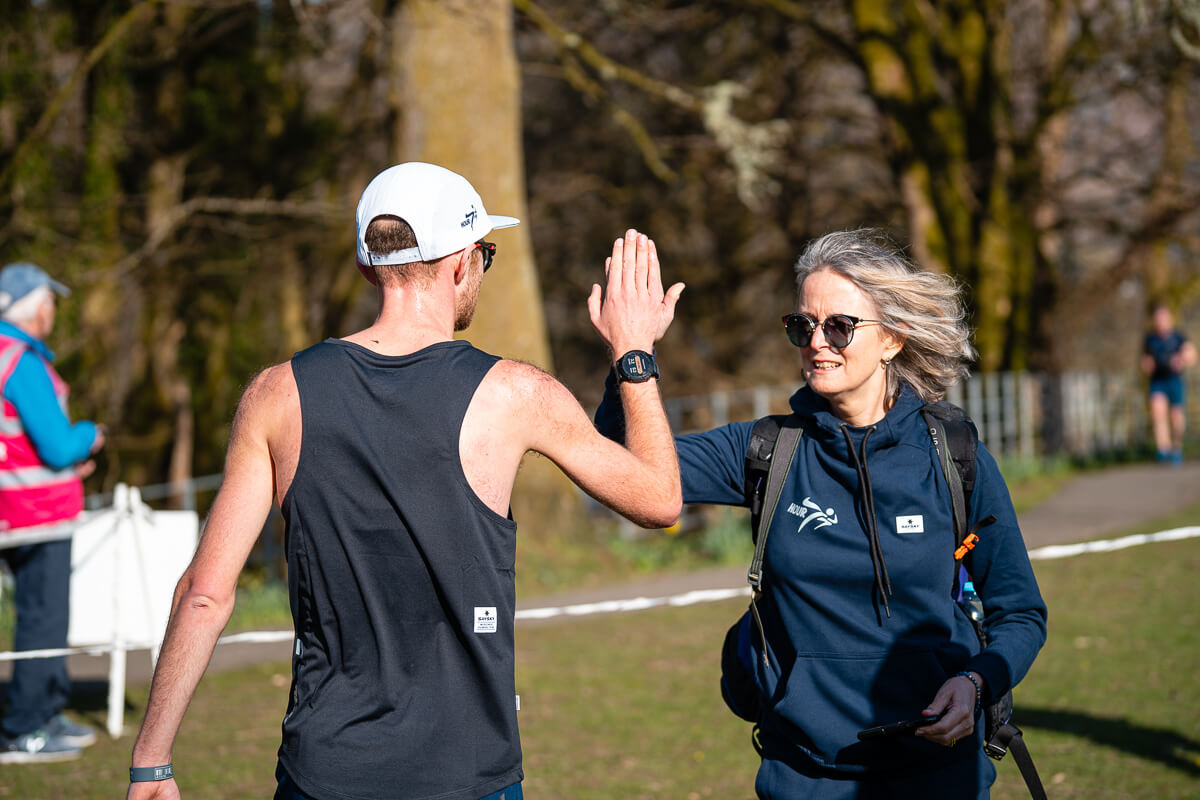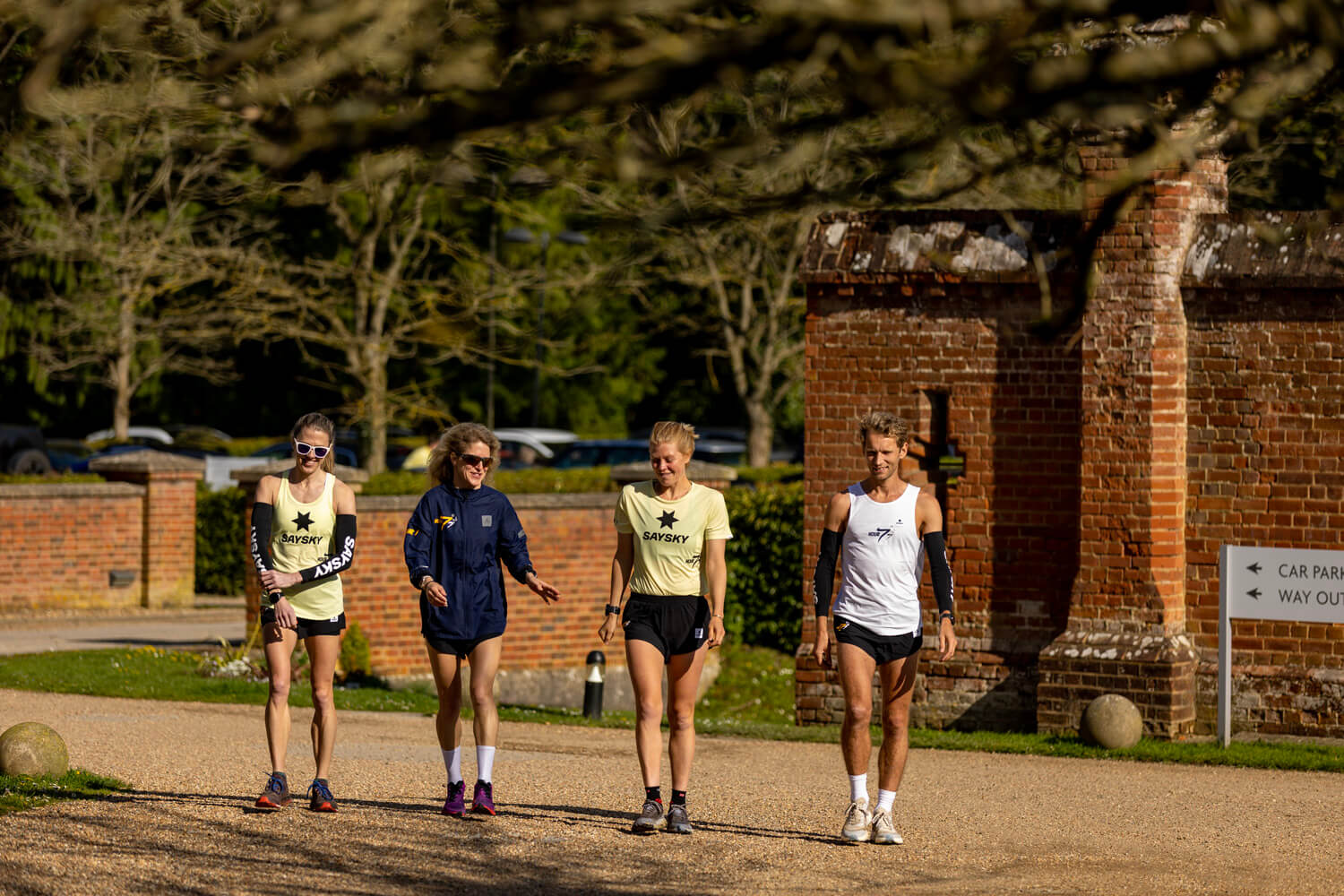Introduction
Every step we take as runners carries the echoes of our past experiences. From the thrill of crossing finish lines to the challenges we faced during training, our racing journey is filled with invaluable lessons waiting to be unlocked.
By incorporating reflective exercises into our routines, we can tap into the wealth of knowledge and wisdom accumulated through past races, enabling us to progress and excel in our future endeavours.
Join our team at Hour 7 as we explore the transformative power of reflective exercises and discover how they can propel you towards your running goals.
Embrace the Post-Race Ritual
The moments following a race offer a unique opportunity for reflection. Instead of quickly moving on to the next challenge, take a moment to savour your accomplishments and assess the race.
Jot down your thoughts and emotions while they are still fresh in your mind. What went well? What could have been improved? By delving into the details, you can uncover valuable insights that will inform your future training and racing.
It is worth doing this when the race experience is fresh, but also at a later date when the dust has settled. Both our raw emotions and feelings, as well as a more considered response a week later, can bring value.
Analyse Training Patterns
Your training journey is a sweaty tapestry woven with countless workouts, long runs, and recovery days. Keeping a good training diary, whether electronic or hand-written, is a valuable skill for any endurance athlete.
Review your training logs and look for patterns and correlations between certain workouts and race performances. Did your speedwork yield better results? Did you struggle after skipping that recovery day? What did you try in this campaign that was new?
Identify the factors that you feel have influenced your races and adjust your future training plans accordingly. Learn from what has worked, but also what might not have been right for you.
Visualize Success
Recall the feeling of strength, speed, and determination as you conquered challenging moments in successful races. Close your eyes and vividly recreate successful past races. Allow these positive memories to inspire and motivate you during tough training sessions and future events. Harness this power of visualization to mentally rehearse your future races.
Visualization can instil confidence and help you tap into the reservoir of mental strength when you need it most. It’s a skill that can not only help you in training, but racing as well. As a skill, it is something you can work on and improve to powerful effect.
Seek Peer Input
Running is a communal sport, and learning from fellow runners (or Hour 7 teammates) can be immensely beneficial. Outside perspectives from coaches, training partners or others in the running community can shed light on areas for improvement that may have gone unnoticed.
Keep in mind whether those you talk with have the experience and knowledge to be genuinely helpful. If seeking feedback, try to avoid anyone who is at the edges of the spectrum in terms of either positivity or negativity. Someone who only ever criticises you is not the way to go, and someone who is simply a cheerleader might not be the best for learning from either. Honesty and trust are essential if you seek peer feedback.

(Members of Hour 7 in discussion on the North Downs Way. Photo: Geoff Lowe)
Learn from Setbacks
Setbacks and disappointments are an inevitable part of an ultra-runner's journey. Instead of allowing them to demoralize you, view them as opportunities for growth. Failure is always a chance to learn and an integral part of any success story in the long run.
Analyse races or training sessions that didn't meet your expectations and uncover the lessons they hold. Was it a pacing issue? Poor nutrition? Insufficient mental preparation? By identifying the factors that contributed to setbacks, you can adjust your approach, learn from mistakes, and emerge stronger for future challenges.
Set Meaningful Goals
Reflection is not limited to analysing past races; it also helps you chart a course for the future. Set specific, realistic, and meaningful goals that align with your aspirations as a runner.
Reflect on your past performances and identify areas that need improvement. Whether it's shaving seconds off your 50 mile time or conquering a longer distance, your reflections will guide you in setting achievable goals that push you to new heights.
Conclusion
All of us as runners possess a remarkable capacity to learn and grow from our experiences.
By incorporating reflective exercises into our routines, we can tap into the wisdom and insights gathered through past races. Embrace the power of reflection, learn from successes and setbacks, and use this knowledge to craft a personalised training approach that propels you towards your future racing goals.
Your past experiences are not merely memories; they are stepping stones on the path to becoming the best version of yourself as a runner.

(Hour 7 athlete Ollie Garrod and Psychological Coach Dr Jane Stephens. Photo: James Vincent)



